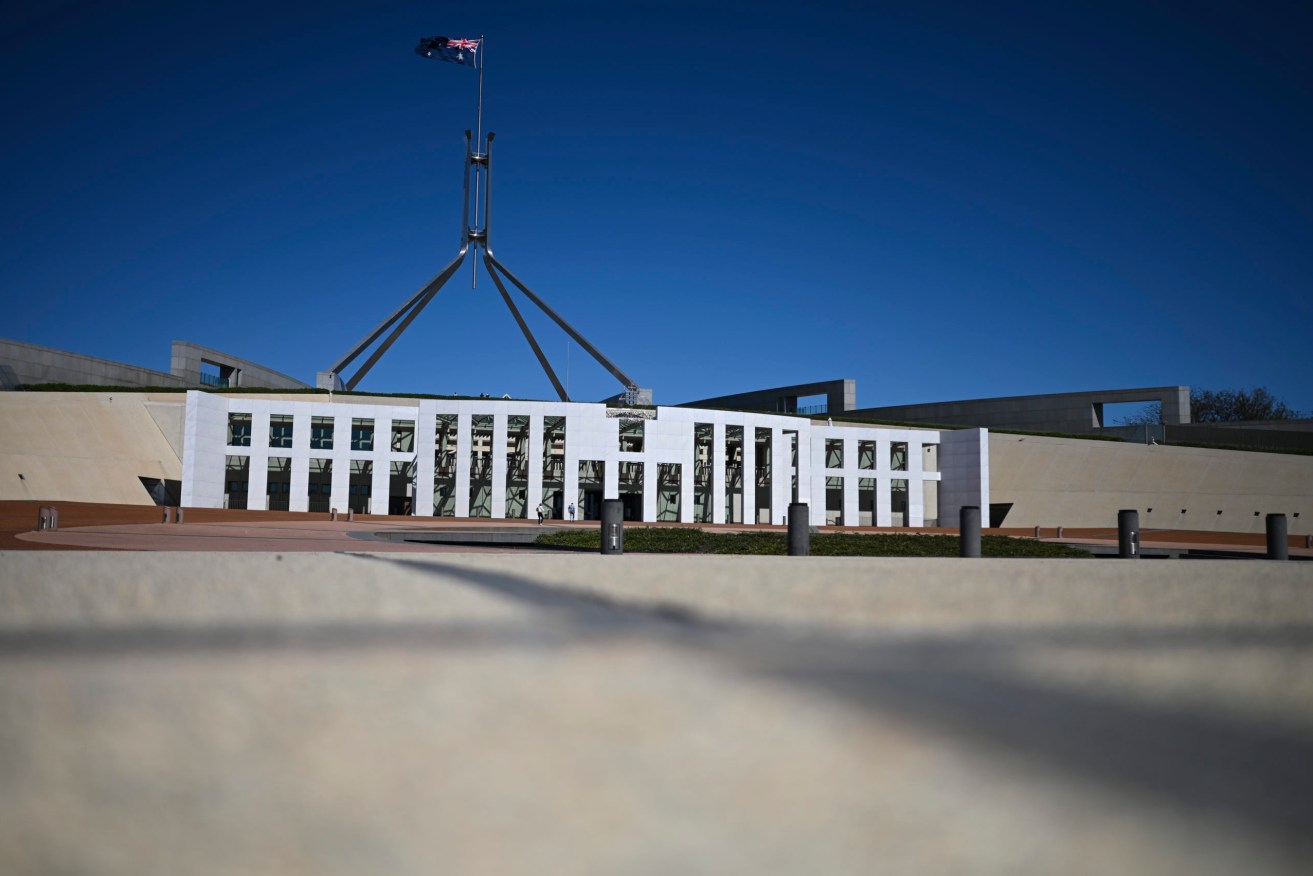Federal politicians, agencies need to be taught about integrity
The Morrison Government’s planned Commonwealth Integrity Commission has been criticised by stakeholders and expert groups for shielding some from scrutiny while targeting others.

Federal police are investigating a man who has nominated to run in two federal seats for two different parties. (Photo: AAP Image/Lukas Coch)
The government has taken tentative steps towards establishing a commission to strengthen integrity across the federal public sector.
But feedback on its proposed legislation has highlighted apparent gaps in coverage, and sometimes overreach, which would limit attempts to prevent and punish wrong-doing. Some groups also fear the wrong people would be targeted.
Queensland’s Integrity Commissioner, Nikola Stepanov, called on the government to include an independent Commonwealth integrity adviser to bring about cultural change, rather than simply wait for any offences to be detected.
“The provision of a dedicated ICIA is a critical and important preventative mechanism that can disrupt and halt a detrimental chain of events, leading to corruption or misconduct,” Stepanov said in a submission released on Thursday.
“It enables issues to be resolved in favour of the public interest before they become problematic, and without fear of retribution. This is particularly the case for advice on matters that relate to key areas of corruption.
“Further, it is well-established that ethics and integrity issues are increasing in complexity and becoming more varied and less visible. This is particularly the case for matters that relate to undisclosed or poorly managed conflicts of interest, the acceptance of inappropriate gifts and hospitality, and personal favours.”
Other submissions raised differences with how police and public sector allegations would be dealt with under the proposed model, while universities and tertiary education groups suggested the CIC would unnecessarily duplicate existing processes.
Amid ongoing concern over the use of private emails and instant messaging to subvert the public records process – something that has also occurred in Queensland – the National Archives called for more weight to be given to the destruction or disposal of public records without authorisation as a corruption offence.
“While the Archives Act includes this offence, there are currently no mechanisms under the Archives Act for the enforcement of these offences by record-keeping Commonwealth institutions, other than by the Australian Federal Police,” the National Archives said in its submission.
“This provides limited means for these actions, including those which could be for the purpose of concealing corruption, to be effectively prevented and enforced. Not including these offences within the Bill’s framework also provides a more limited recourse for Commonwealth institutions to notify the Integrity Commissioner of instances of section 24 offences that may indicate corruption issues or the concealing of corrupt conduct.”
Yet the ABC, Australia’s public broadcaster, fears the draft legislation would expose its journalists to investigation when reporting on government matters, for example when handling leaked documents. This would not only undermine the independence of the ABC but “have a chilling effect on media freedom”.
“While it is unlikely that a court would find that a journalist, if prosecuted, had abused their office or perverted the court of justice merely by receiving leaked documents, the threshold of an investigation of that journalist under the CIC Bill as presently drafted is lower: the (Integrity Commissioner) need only have a reasonable suspicion that the corrupt conduct has occurred, or be directed to conduct an inquiry by the Minister,” the ABC argued in its submission.
“The impact of that investigation on a journalist would be significant.”
The Australian Human Rights Commission expressed similar concerns in relation to the treatment of whistleblowers, and questioned the control a government would have over the CIC.
“To be effective and credible it is important that the CIC be able to investigate serious non-criminal corruption, have a discretion to hold public hearings, directly receive complaints from the public, and commence own-motion investigations in relation to corruption issues across the entire federal public sector,” the commission recommended in its submission.
The Accountability Roundtable, in its submission, argued the design of the proposed CIC, its powers, and limited funding “endanger any credibility of the CIC performing as an effective agency to counter corruption within either the parliament or the public sector”.












